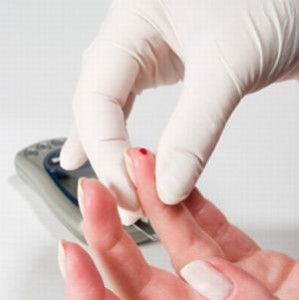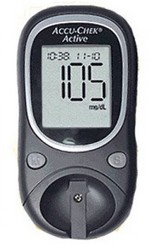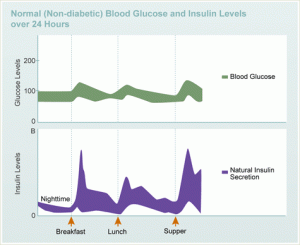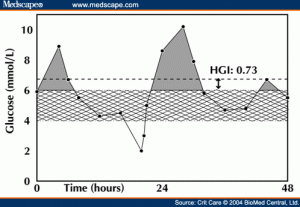How to test for diabetes

Knowing how to test for diabetes is extremely important. Diabetes is a disease that has taken America by storm. The large amounts of sweets in today’s world have a large effect on this (plus the defective diabetes gene being passed on). Diabetes changes lives for better and for worse and is a complicated life to live.
Diabetes is where the organ known as the pancreas stops or slows in the production of a chemical known as insulin. Insulin is responsible for all of your energy as it converts the glucose in the blood into fuel that the body cells are capable of using. So when the insulin levels are low the glucose is high and this can cause a severe amount of damage. The damage that can be done include heart damage, kidney damage, nerve damage, blindness. So knowing how to test for diabetes and knowing whether you have it is vitally important. So do I have diabetes?
Some of the tests that you can give yourself and your doctor can do include a blood sugar test and keto test. A blood sugar test is done with a blood glucose unit. This small handheld device can accurately measure your blood glucose level in seconds. The unit has small plastic strips that take a small amount of blood and measures it. The small unit then displays the results on the side where it is easily read. Some units also store up to 500 tests and their information. Diabetes symptoms include excessive eating, weight loss, urination, and altered mental status. So if you are concerned due to these symptoms contact your doctor or give yourself a test. If you have been diagnosed a small glucose meter will be needed. Also talk to your doctor about it and how to test for diabetes.



 So what is the normal blood sugar level? 64.8 to 104 mg/dl is the normal blood sugar level for the average person. Blood sugar levels are monitored by a blood glucose meter. This is a small unit that measures the amount of glucose in a person’s blood and displays it. The blood is placed in a small plastic strip that is then scanned and the results are displayed on a small window on the side. This allows a diabetic to closely monitor their blood sugar levels. Things that can be done to help lower the blood sugar levels include a normal blood sugar level chart this is where you write down all of your readings that you take and what you were doing prior to it to narrow down activities that should not be a part of your daily life. So knowing what is the normal blood sugar level is very important.
So what is the normal blood sugar level? 64.8 to 104 mg/dl is the normal blood sugar level for the average person. Blood sugar levels are monitored by a blood glucose meter. This is a small unit that measures the amount of glucose in a person’s blood and displays it. The blood is placed in a small plastic strip that is then scanned and the results are displayed on a small window on the side. This allows a diabetic to closely monitor their blood sugar levels. Things that can be done to help lower the blood sugar levels include a normal blood sugar level chart this is where you write down all of your readings that you take and what you were doing prior to it to narrow down activities that should not be a part of your daily life. So knowing what is the normal blood sugar level is very important.